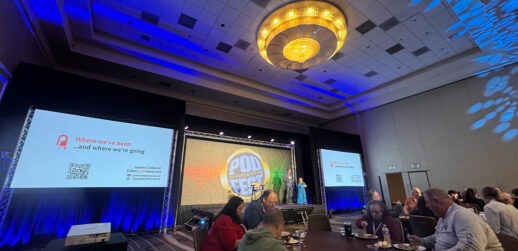The fog has yet to lift around whether nationals from six Muslim-majority countries will be able to travel freely into the United States for meetings, but meetings industry reaction was positive today as a federal appeals court in Richmond, Virginia, further delayed attempts by the Trump administration to institute the ban.
The U.S. Court of Appeals for the Fourth Circuit ruled 10-3 to uphold a lower court’s decision that barred implementation of the administration’s second attempt at the travel ban. The executive order would prohibit entry into the U.S. for 90 days for citizens of Iran, Libya, Somalia, Sudan, Syria and Yemen unless they have a green card authorizing U.S. residency.
Chief Judge Roger Gregory wrote that the order still unfairly and illegally targeted Muslims even after revisions that removed any mention of religion.
Meetings significantly aid U.S. economy
Paul Van Deventer, president and CEO of Meeting Professionals International, applauded the court decision. “Today’s ruling reinforces the vision and genius of our nation’s forefathers to have a system of checks and balances to protect our citizens,” said Van Deventer. “While it is critical to ensure the safety and security of our country, we must have the right balance between enhanced security and travel facilitation.”
“Travel and tourism are key drivers of the U.S. economy, representing $865 billion in direct spending—15 percent of which (about $103 billion) is a result of meetings. We must urge our government to support the travel and meeting industries and come up with a solution that considers both national security and the free flow of travel.”
The biting court opinion cited Trump’s own words on the campaign trail and after he was elected president, which it said revealed unconstitutional “animus and [were] directed at a single religious group.” The administration has claimed that the ban was intended only to protect national security, and Justice Department lawyers have argued in court that the president’s statements made during the campaign should not be taken seriously.




